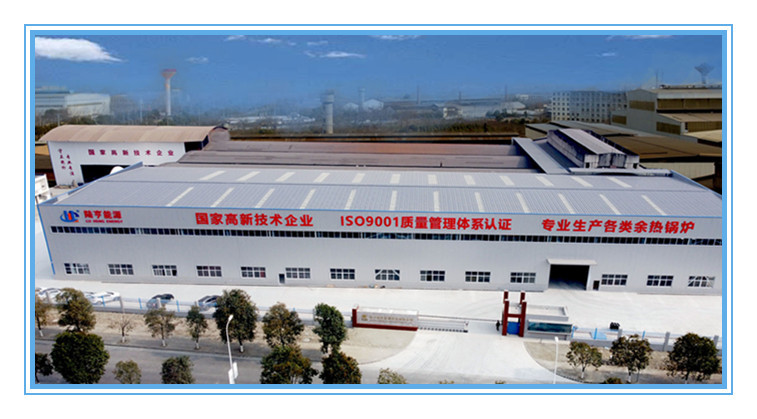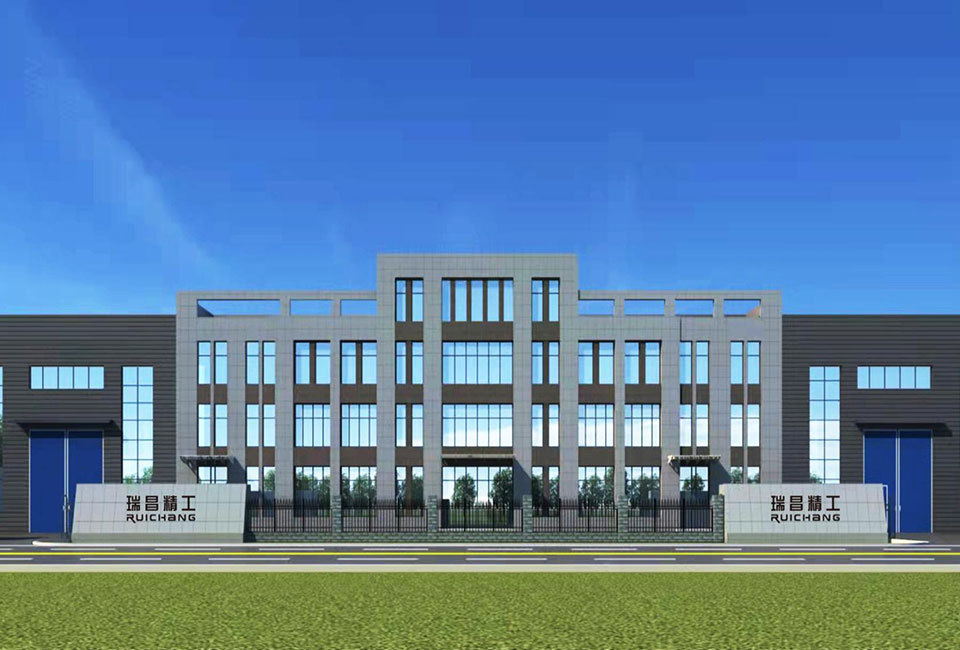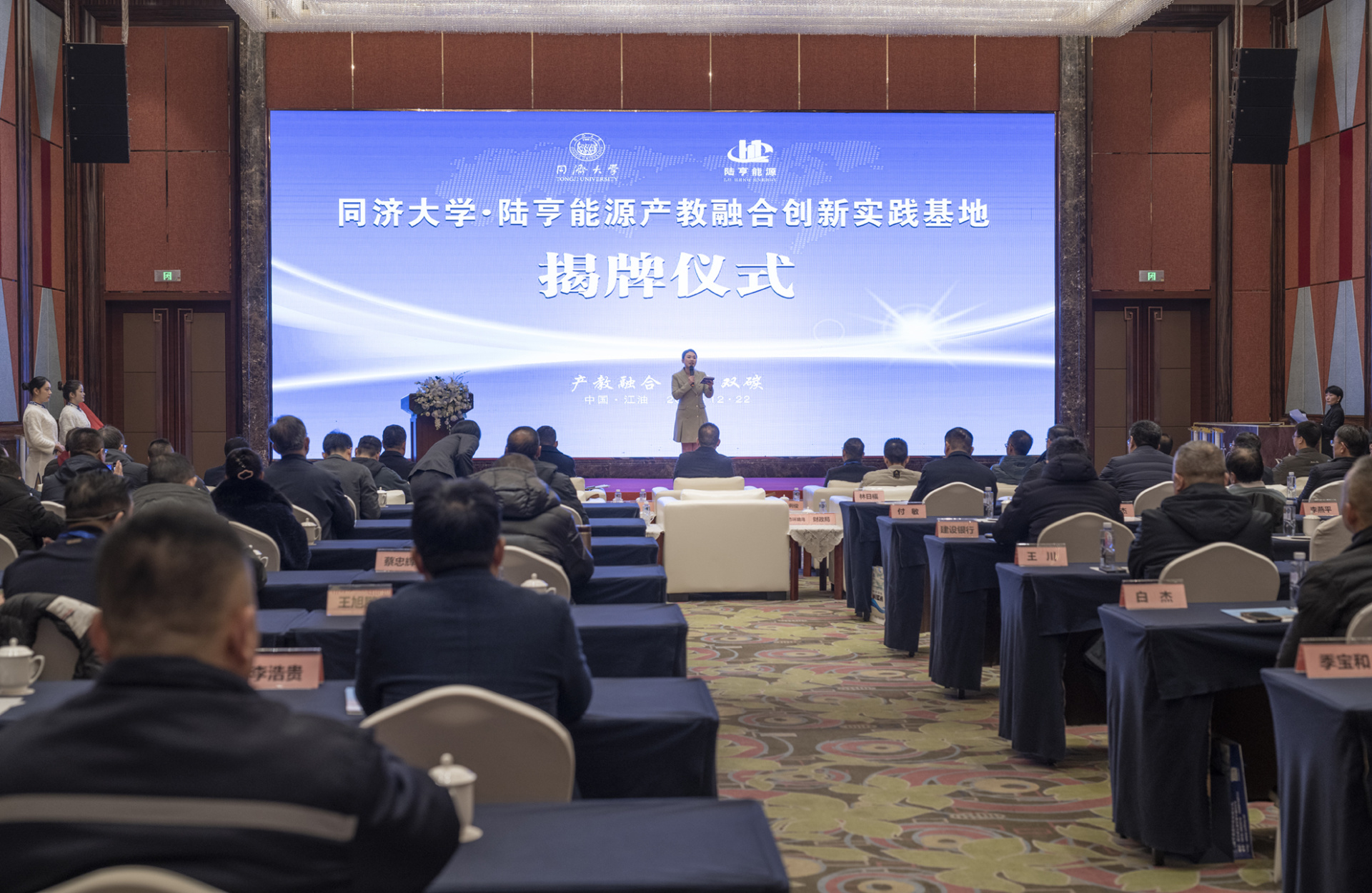Product Search
Quickly find the product you need.
- All
- Product Management
- News
- Introduction
- Enterprise outlets
- FAQ
- Enterprise Video
- Enterprise Atlas
Contact Us
Telephone:15680139111(Mr. Sun)
Telephone:13320881016(ms. liang)
Telephone:15066253625(Mr. Gao)
Address: High-tech Industrial Park, Jiangyou City, Sichuan Province
What causes a boiler burst?
Release time:
2022-12-12
Boiler tube explosion refers to the water wall tube
Boiler tube explosion refers to the water wall tube, convection tube and economizer tube in the heat exchange surface during the boiler operation. Under the combined action of overheating, wear and corrosion, the pipeline will burst, and the high temperature furnace water will leak, resulting in the normal operation of the boiler. Through many years of theoretical accumulation and field practice, it is found that boiler pipe burst is mainly caused by the following reasons.

Cause one: the boiler feed water quality is poor, there is no water treatment or the water treatment method is incorrect, the sewage treatment is not carried out in accordance with the relevant regulations, and the inner wall of the pipeline is scaled or corroded. The main reason is that some boiler water is taken from the ground with a hardness of up to 5mmol/L, which is a high-hardness water with high sulfur and iron content. Once the water is not properly treated, it is easy to burst pipe accidents, forced to shut down for emergency repair, which has a great impact on production and life.
Reason 2: In the process of manufacturing, installation and maintenance of boiler pipes, there will be stress concentration and mechanical performance decline at the weld, and the key parts of these stress concentration and mechanical performance decline will burst, which will also lead to boiler failures, and it is difficult to meet the needs of production and life.
Cause three: During the boiler installation or maintenance process, impurities fall into the pipeline, resulting in pipeline blockage, resulting in poor water circulation or complete damage.
Reason four: The pipe scale falls off from the inner wall, and the "bridge" makes the water circulation in a bad state.
Reason five: If the water level of the boiler is too low during operation, the water circulation will be poor, which will cause the local temperature of the pipeline to be too high, deformation or even burst.
Reason 6: For oil-fired boilers, gas-fired boilers or coal-fired boilers, the nozzle Angle is not properly adjusted during the design and installation process, and some boiler pipes may overheat.
Cause seven: incorrect fire start and close operation, furnace tube blown by cold air, tube rapid expansion and contraction, or frequency is too high, resulting in harmful stress.
Cause eight: The fire partition wall of the flue and combustion chamber is damaged, resulting in short circuit of the flue gas, causing local heat concentration in the furnace tube, and burning the furnace tube.
Cause nine: corrosion pipe explosion and equipment aging pipe explosion. Usually, acid corrosion due to low exhaust gas temperature or low water supply temperature occurs in the economizer tube on the tail heating surface.
Reason 10: local smoke speed is too fast. When installing and maintaining the pipe on the heating surface, the pitch of the pipe on the heating surface and the distance between the tube bundle on the heating surface and the furnace wall do not meet the design requirements. The formation of a local flue gas corridor between the pipe groups or between the pipe groups and the furnace wall, or the local pipe deviates from the line, resulting in ash bridging on the pipe on the heating surface, resulting in high local flue gas speed, thereby increasing the wear and overheating of the pipe at that location.
Reason 11: Due to negligence in construction, the sealing part of the furnace wall was not strictly sealed according to the construction requirements, resulting in vortex formation in the leakage part. This situation may also lead to local overheating or uneven heating of the pipe, and air leakage will also increase the flow rate of the flue gas behind, endangering the tail heating surface.
Reason 12: The high temperature operation of the pipeline is also an important reason for the boiler tube explosion. Overheating and overtemperature tube explosion is due to the mechanical properties of the pipeline under overtemperature conditions, as well as the plastic deformation of the pipeline under pressure, that is, creep cracks, and even tube explosion.
The impact of the operating environment can also lead to the rupture of the boiler tube, such as frequent startup and shutdown of the boiler, drastic changes in load, improper adjustment of the flame center, the impact of primary and secondary air flushing of the water wall tube, and the rapid cooling of the boiler shutdown, which leave hidden dangers for the boiler tube explosion.
Key words:
Related News
According to the decision of The State Council on amending
2024-02-05
The integration of production and education helps double carbon
In order to promote the technological progress of enterprises
2023-12-23








